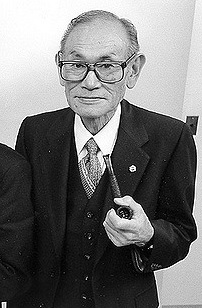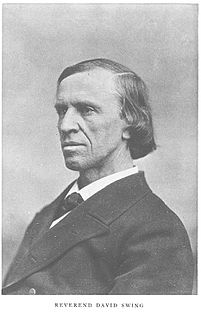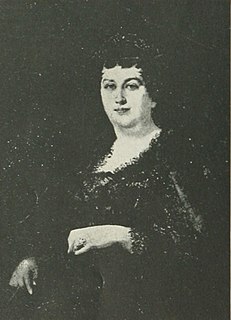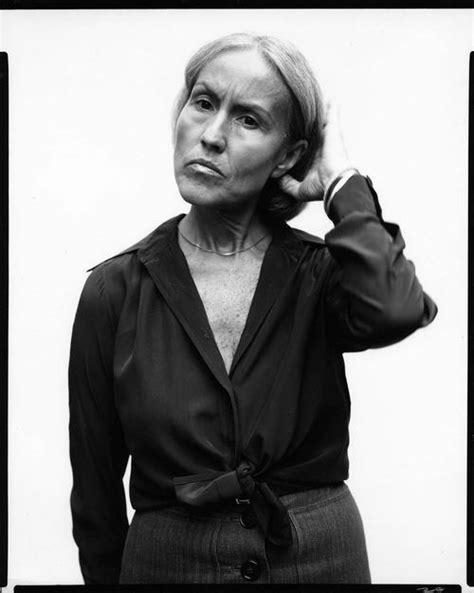A Quote by Friedrich Nietzsche
Do not talk about giftedness, inborn talents! One can assume great men of all kinds who were very little gifted. They acquired greatness, became “geniuses” (as we put it), through qualities the lack of which no one who knew what they were would boast of: they all possessed that seriousness of the efficient workman which first learns to construct the parts properly before it ventures to fashion a great whole; they allowed themselves time for it, because they took more pleasure in making the little, secondary things well than in the effect of a dazzling whole.
Quote Topics
About
Acquired
All Kinds
Allowed
Assume
Became
Because
Before
Boast
Construct
Dazzling
Effect
Efficient
Efficient Work
Fashion
First
Geniuses
Gifted
Giftedness
Great
Great Men
Greatness
Kinds
Knew
Lack
Learns
Little
Making
Men
More
Parts
Pleasure
Possessed
Properly
Put
Qualities
Secondary
Seriousness
Talents
Talk
Than
Themselves
Things
Through
Time
Took
Ventures
Very
Well
Were
Which
Whole
Workman
Would
Related Quotes
Before the war, my parents were very proud people. They'd always talk about Japan and also about the samurai and things like that. Right after Pearl Harbor, they were just real quiet. They kept to themselves; they were afraid to talk about what could happen. I assume they knew that nothing good would come out of it.
I was really intrigued by them, became fascinated by them because they were asking questions that couldn't be answered almost, or were making statements that you couldn't quite understand. Like, 'I'm investigating things that begin with the letter M.' That took me through a whole stratosphere of possibilities, and doing a little research and discovered that the M is mercury.
It's true that to speak of an ethic of giftedness, which is very much the ethic that I deploy in raising questions about designer children and genetic engineering - an appreciation of the giftedness of the child or the giftedness of life does have religious resonance, because a great many religious traditions emphasize the sense in which the good things in life are not all our own doing; they are gifts from God.
It is often lamented by the churchmen that Washington and Lincoln possessed little religion except that found in the word 'God.' All that can here be affirmed is that what the religion of those two men lacked in theological details it made up in greatness. Their minds were born with a love of great principles... There are few instances in which a mind great enough to reach great principles in politics has been satisfied with a fanatical religion... It must not be asked for Washington and Lincoln that, having reached greatness in political principles, they should have loved littleness in piety.
I should say tact was worth much more than wealth as a road to leadership.... I mean that subtle apprehension which teaches a person how to do and say the right thing at the right time. It coexists with very ordinary qualities, and yet many great geniuses are without it. Of all human qualities I consider it the most convenient--not always the highest; yet I would rather have it than many more shining qualities.
My parents divorced when I was very, very young, but they maintained an incredibly amicable relationship. They were great partners, they were great parents, and they were great friends throughout my whole life until I was about 25, at which point they realized that they could relinquish; they could call it and move on.
Fruit of all the kinds that the country produced were laid before him; he ate very little, but from time to time a liquor prepared from cocoa, and of an aphrodisiac nature, as we were told, was presented to him in golden cups... I observed a number of jars, above fifty, brought in, filled with foaming chocolate of which he took some.
I always took a great interest in my clothes. My sister, who was 13 months older, and I always dressed alike, but as I got a little bit older, I didn't like that because I wanted to dress differently. So our mother would put Patty in blue and Polly in pink, or we would wear complementary colors, but the shapes we were wearing were always the same, and I was very interested in that. I also took great interest in my dolls and their clothes.
First I went to a Jewish school, when I was very little. But when I was 12, they put me in a school with a lot of traditions, and they were educated people and they were talking about Greece and the Parthenon and I don't know what. All the kids, all the girls they had already seen that and knew that from their family, and I would say, "What are you talking about, what's that?" It's not my world. My grandparents were very well-educated people, but in the Jewish tradition. They knew everything about the Bible.
I had lost my sister recently, too, which meant that my whole family was gone. I was the baby of the family. There were five Sendaks and there were five Wild Things, and now there's only one Sendak, and he's about to bite the dust, too! Life, as I said before, was very difficult at that time and so it was natural that there would be a change in the look of things. Also, I was very impressed with my own strength in doing this under the circumstances in which I was living.
'Big Time Rush' was a great show, and I had some great experiences. It allowed me to become more of a comedic actress, which is also a great skill to have. But there wasn't a whole lot of tragedy in there. Not quite as dark as 'Red Band Society.' So I've been very lucky to have been able to grow in that sense, just through moving to FOX.
Coming from a sort of very rigid European type of training to this culture which is just a little more open - a lot more open, and kind of curious, and asking different sorts of questions.Because the problem for me was that the European modernist movement in the '70s was all about right or wrong. Some things were right and you were dealing with the truth, as it were, and then some things were wrong and therefore not allowed.










































